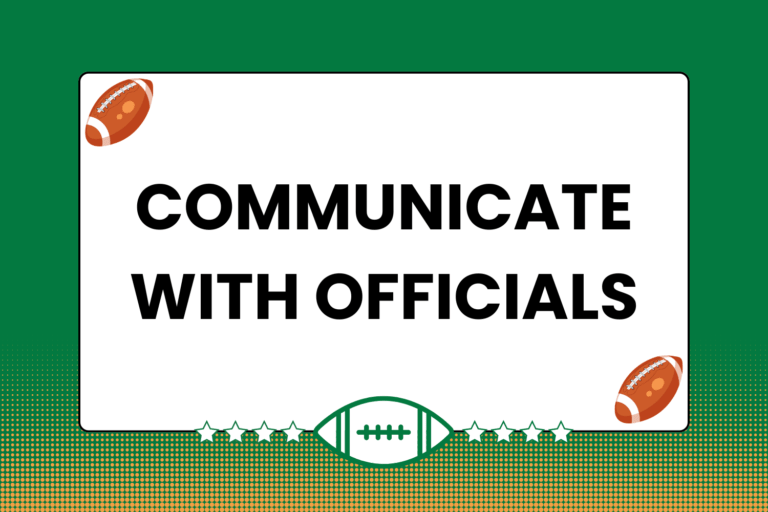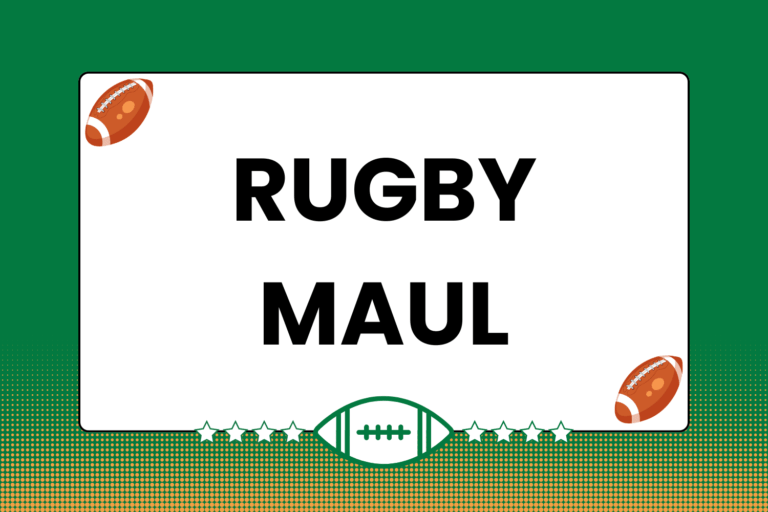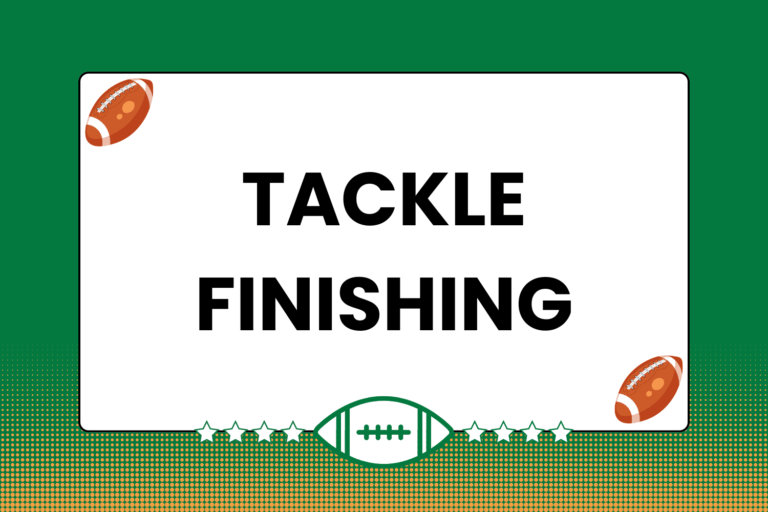According to the International Rugby Board (IRB), there are only five items a rugby player is required to have in order to play: Boots, socks, shorts, a jersey, and a mouthguard. However, those are certainly not the only items a rugby player is allowed to have or use. Below are a few particularly useful accessories that you should consider adding to your kit bag.
Spare Clothes
Here’s a breakdown of a few of the more pertinent types of clothes:
Warm-ups:
In colder weather, it’s important to stay warm before the match and in between matches if you’re playing more than one in a day. A pair of sweatpants and a sweatshirt (or any long-sleeved pants/shirt) that you can throw on over your uniform should do the trick.
Spare socks:
It’s very easy to damage the skin on your feet when they’re wet and waterlogged. Running around on a wet pitch will saturate your feet, and while most people don’t have the money to lug around multiple pairs of cleats, changing your socks will at least delay the potentially harmful effects of soaking wet feet.
Towel:
While not technically clothing, it’s a good idea to have a towel in your bag. Aside from keeping you dry, towels get rid of any mud and dirt on your jersey. If you’re completely covered in dirt, you can also throw the towel down on the seat of your car to protect its interior.
Fuel
A rugby match is a very physically-demanding 80 minutes; playing that entire 80 minutes is difficult enough, so there’s no reason to do so on an empty tank. Whether you have to go directly to the game from work or school, or you just didn’t have time to eat beforehand, having some non-perishable food stashed in your kit can be an absolute life saver. Storing a few energy bars, bags of trail mix, or packets of beef jerky in your kit can make the difference between being able to play the entire game, and having to come out after only 30 minutes because you’re dizzy and light-headed from not eating all day.
First Aid Materials
Most rugby players get banged up during the course of a game. While serious injuries should always be treated by a medical professional, it’s pretty much up to you to handle slight injuries. Here are a few especially useful types of medical supplies for rugby players:
Bandages:
It’s extremely important that you pack a box of bandages that come in a variety of sizes and shapes. Similarly, for deeper or more difficult cuts, a box of gauze pads will do the trick.
Tape:
A roll of athletic tape has a number of different uses, not the least of which is providing some additional support to an injured joint. They’re also handy for keeping bandages in place.
Elastic bandage:
Not to be confused with the type of bandage you put over a cut; an elastic bandage can be used to hold an ice pack in place, or as a compression wrap for an injured body part.
While certain minor injuries don’t feel particularly debilitating, something as simple as a little cut on the hand can (and usually will) result in the official sending you off to get it bandaged. The laws of the game require a player who’s openly bleeding to dress the wound before returning to the game; not having any bandages on hand would be a pretty frustrating reason to be barred from the field.
Be Prepared
Chances are good you won’t need everything you pack in your kit for every game. However, it’s better to have these types of accessories readily available and never need them, than it is to need them one time and not have them. Also, consider this list as a good starting point; there are many other ways to pack a kit, so add or remove items as you see fit. And don’t worry about trying to plan for every possible contingency — it’s not really possible.





